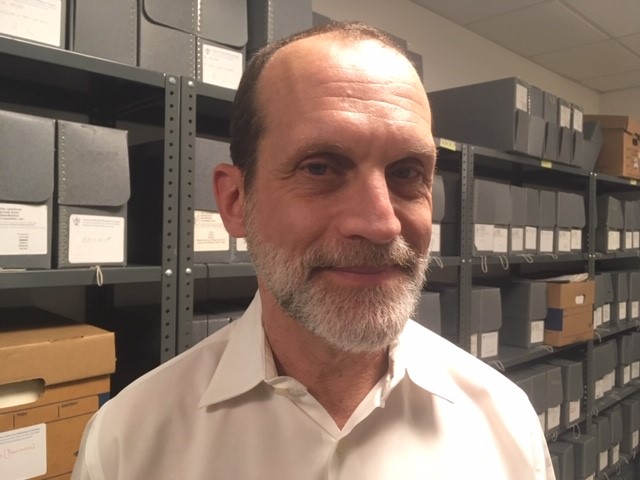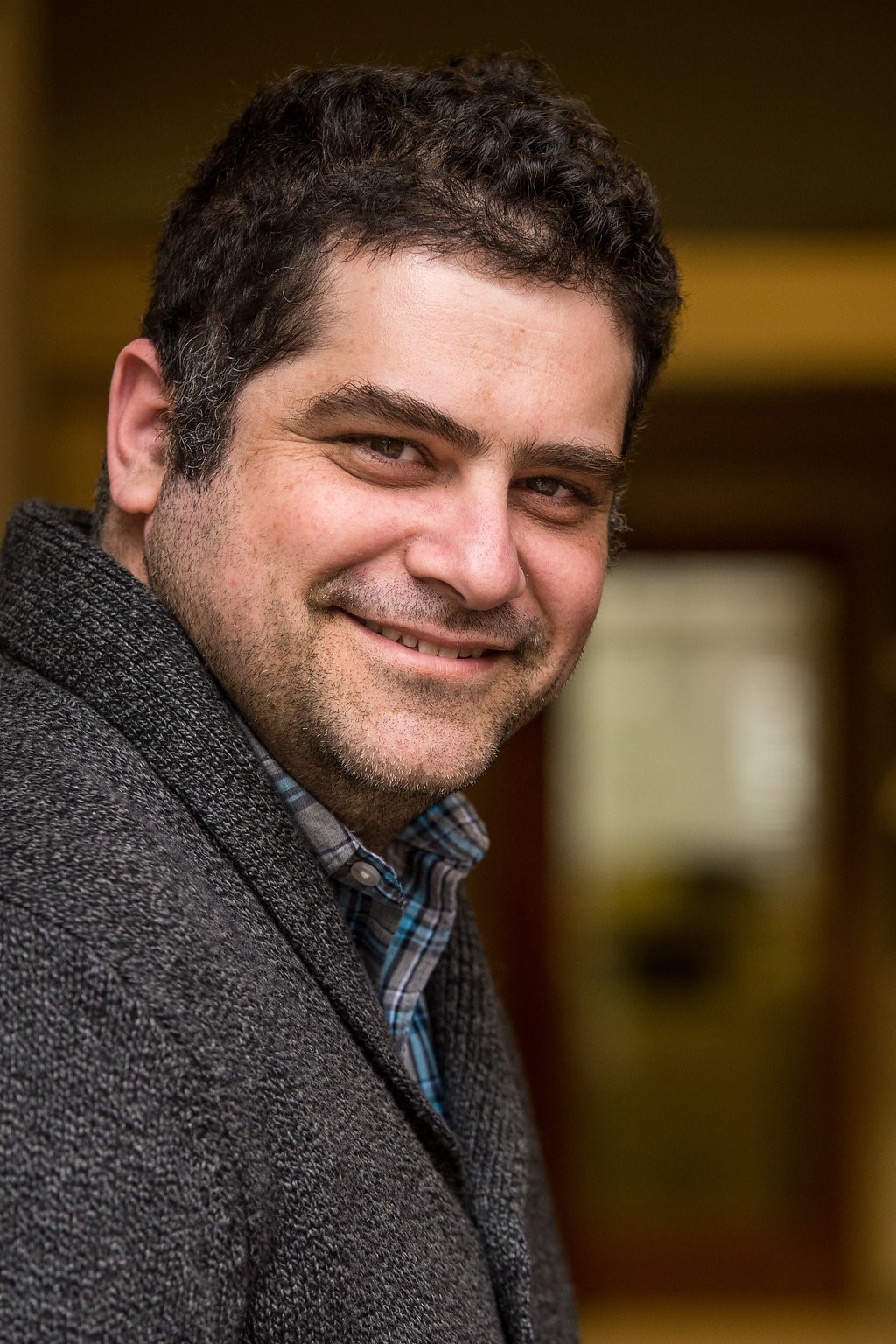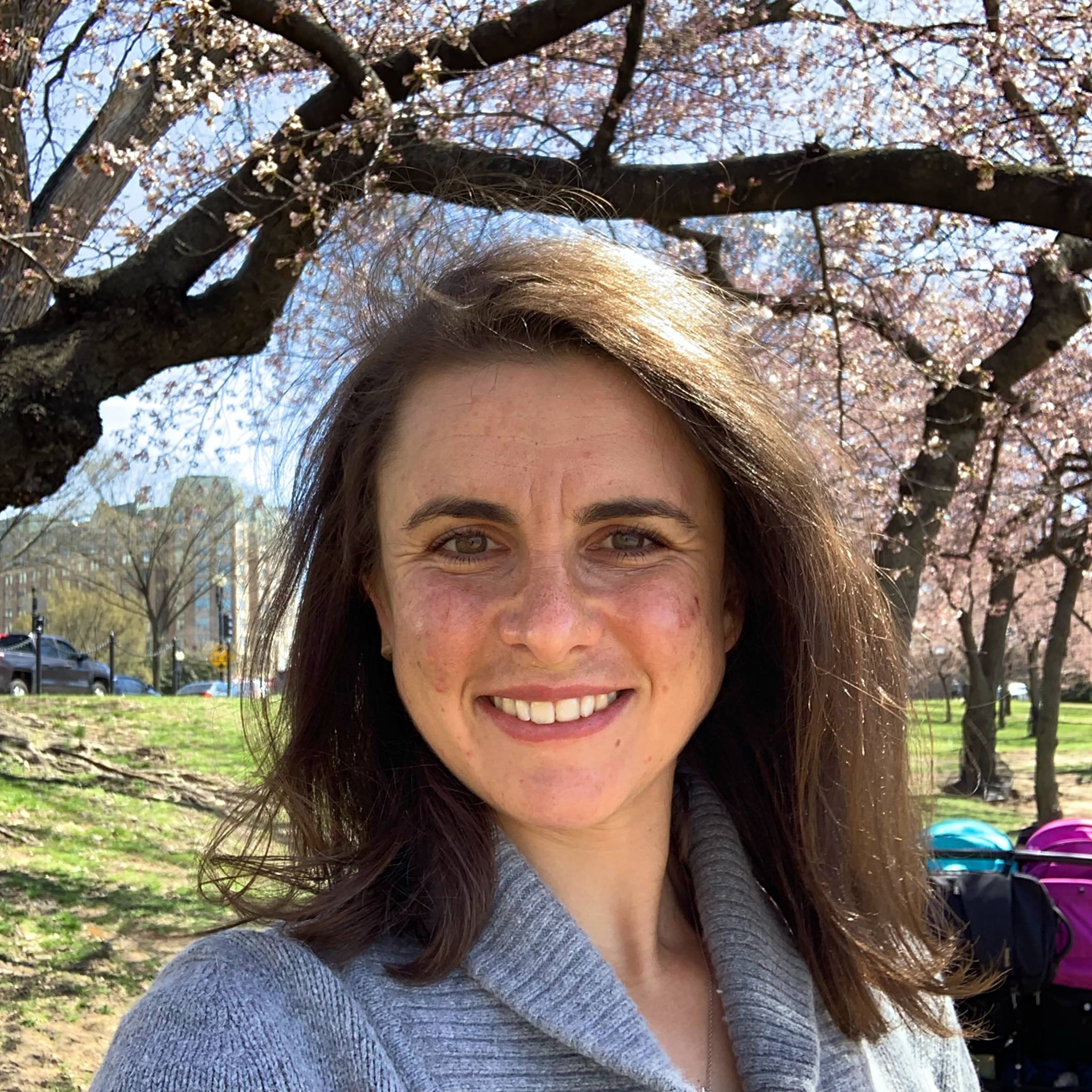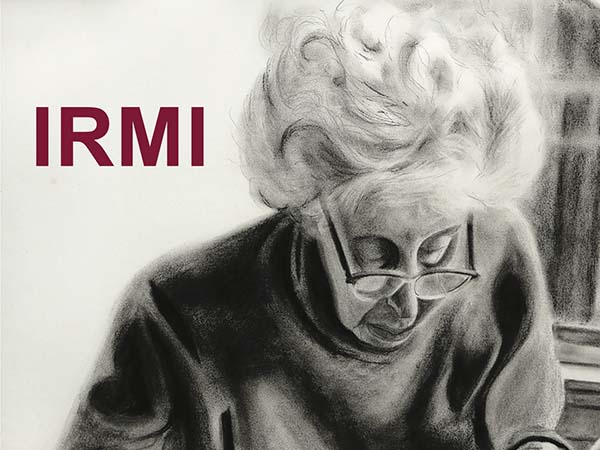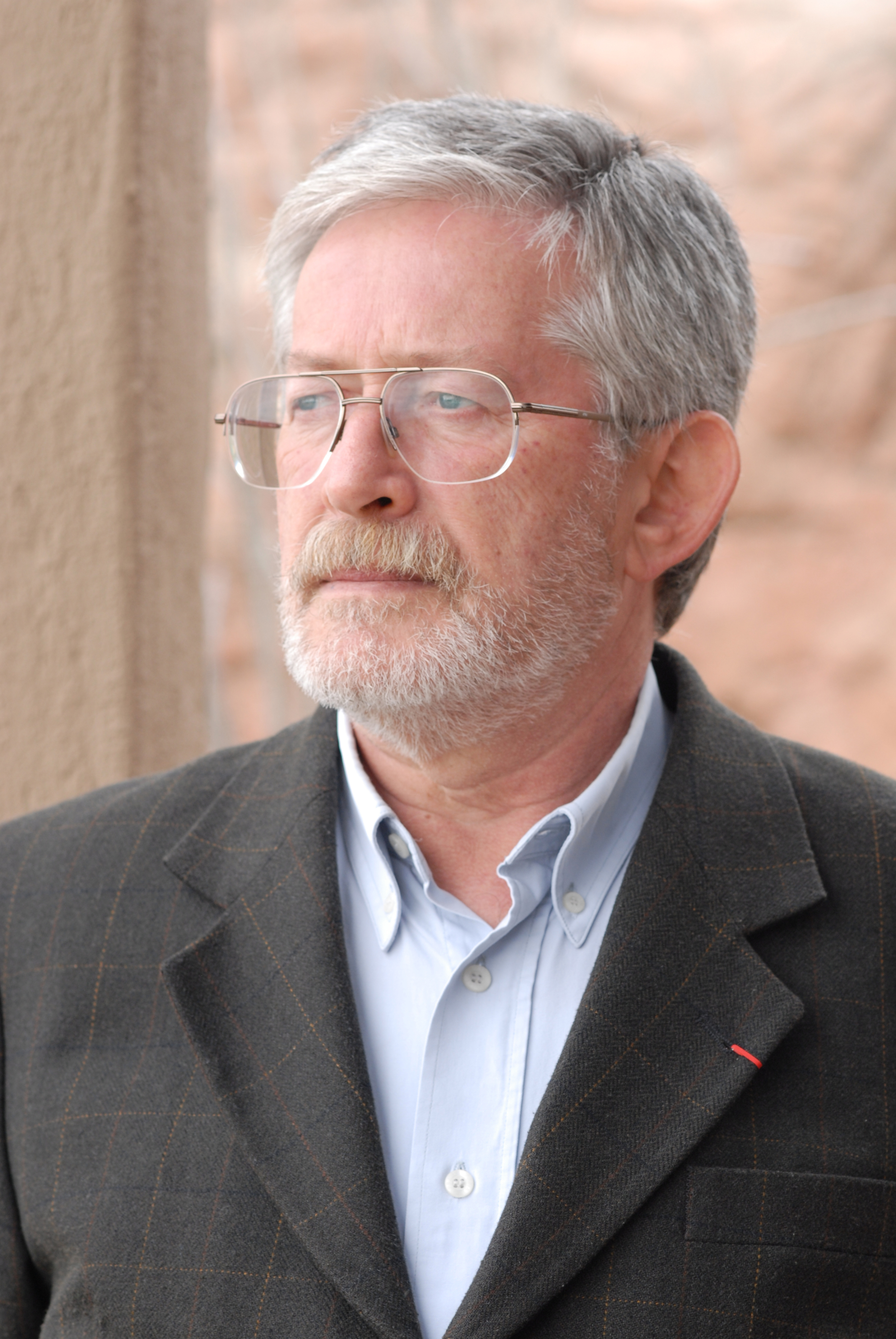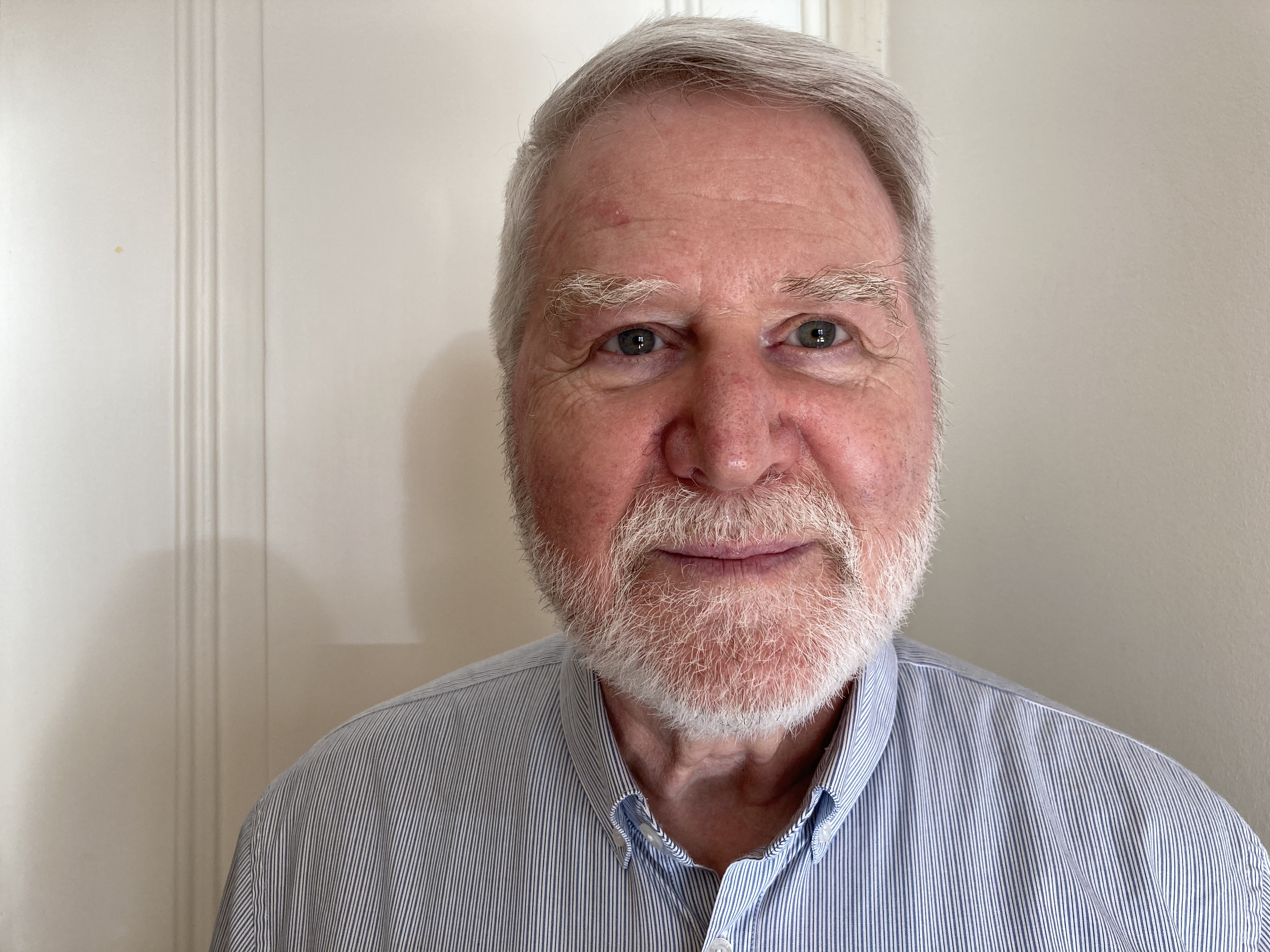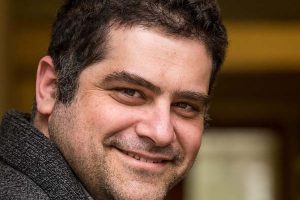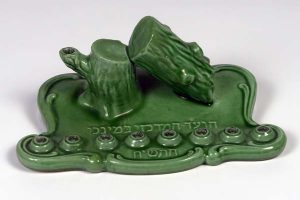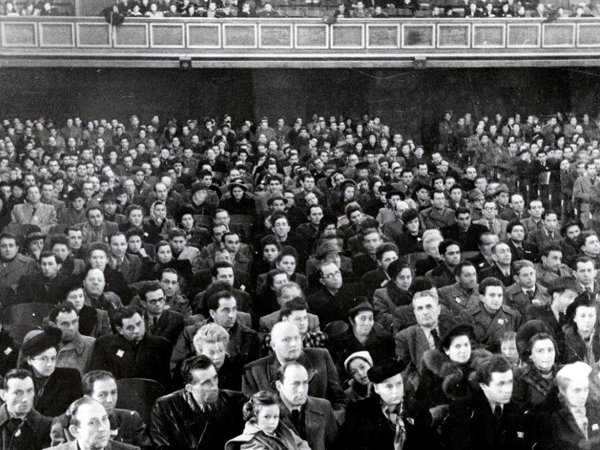
JDC Archives Online Events
Please join us at our upcoming virtual programs!
The JDC Archives is offering an array of online public programs in the coming months. These events are listed below; please register for each one individually by clicking on its RSVP link.
WEBINAR:
The JDC Archives Names Index as a Window to JDC’s History
Wednesday, August 19, 2020
2:00 P.M. – 3:30 P.M.
The JDC Archives is delighted to offer a webinar that will be of special interest to those researching their family history. The JDC Archives Names Index is the most popular and heavily used feature of the archives website. Jeff Edelstein will discuss the content of documents included in the database as a reflection of the focus of JDC’s activity over the course of its history, from the creation of the Transmission Bureau to enable Jews in North America to send money to relatives in Palestine and Europe during World War I through the emergency measures of the Nazi era and postwar care for survivors and emigration assistance and, later, the Aliyah to Israel of Jews throughout the Middle East. Although not intended as a training workshop, the presentation will also include examples of how to search for names via the Names API and the collections database.
Jeff Edelstein is the digital initiatives manager at the JDC Archives, where his responsibilities include management of the collections database and website, the digitization of text collections, and the JDC Archives Names Indexing Project. Prior to his arrival at JDC in 2013, he had a long career in academic reference publishing, culminating as project director of The YIVO Encyclopedia of Jews in Eastern Europe. Edelstein holds a BA from Amherst College, an MA from Columbia University, and an MS in Library and Information Science from the Pratt Institute.
WEBINAR:
Studying the Middle East through the Prism of the Jewish Communities
Monday, August 31, 2020
12:00 P.M. – 1:30 P.M.
In honor of Prof. Yaron Tsur, Department of Jewish History, Tel Aviv University; Founder and academic director, Historical Jewish Press (JPress)
Chair: Ofra Tirosh-Becker, Ben Zvi Institute & Hebrew University
Remarks: Michal Ben Ya’akov, Efrata College for Education; Bar-Ilan University: “Professor Yaron Tsur and the Study of International Jewish Organizations in Islamic Countries”
Greetings: Linda Levi, JDC Archives
Keynote lecture: Lior Sternfeld, Penn State University: “Studying the Middle East through the Prism of the Jewish Communities”
The talk will focus on how the study of minorities, and especially Jewish communities, help us understand better the histories of Middle Eastern societies, especially in the transformative period of the twentieth century. In an era when access to Middle Eastern official archives is notably restricted, scholars of the Middle East have to find sources in diplomatic correspondence and civil society organizations. Diplomatic correspondence can reveal only certain aspects of history and daily life, and most other civil society organizations have archives that are rarely functional. Foreign aid organizations, therefore, had the next most exhaustive experience of local societies. The talk will emphasize the role of the JDC Archives in uncovering the history of the region. The JDC stands out because of its unique position as an NGO with connections with American and Middle Eastern country and municipal governments. Other resources to be discussed are the AIU archives and the JPress database.
Lior Sternfeld is an assistant professor of History and Jewish Studies at Penn State University. He is a social historian of the modern Middle East with particular interests in the histories of the Jewish people and other minorities of the region. His first book, Between Iran and Zion: Jewish Histories of Twentieth-Century Iran (Stanford University Press, 2018) examines, against the backdrop of Iranian nationalism, Zionism and constitutionalism, and the development and integration of Jewish communities in Iran into the nation-building projects of the last century. Sternfeld is currently working on a new book project, which will be the first comprehensive study of the Iranian-Jewish Diaspora in the U.S. and Israel.
Dr. Sternfeld received the Fred and Ellen Lewis/JDC Archives Fellowship in 2012 to conduct research in the JDC Archives for his doctoral studies.
This program is cosponsored by the Ben Zvi Institute for the Study of Jewish Communities in the East.
WEBINAR:
If Objects Could Talk
Wednesday, September 30, 2020
2:00 P.M. – 3:30 P.M.
Drawing from the rich holdings of the JDC Archives Artifacts and Ephemera Collection, Abra will analyze a range of objects which shed light on the impact of JDC assistance and the experience of JDC aid recipients over the past century. The Artifacts & Ephemera Collection contains close to 1,000 works ranging from posters and illuminated records to precious artwork and gifts from Jewish communities around the world. These unique treasures offer a rich historical overview of JDC’s relief activities over the past century in 90 countries. Given the visual and dynamic nature of these objects, the collection helps to enrich and complement the JDC Archives’ photograph and text holdings. Bureaucratic correspondence and reports come alive when partnered with this wide range of mixed-media objects that reflect the social fabric of global communities and the humanitarian response to monumental historical events.
Abra Cohen has been an archivist at JDC since July 2015. She holds an MA in Jewish Art and Culture from the Jewish Theological Seminary and a BA in Art History from the University of Michigan. She has led the project to rehouse, digitize, and expand the JDC Archives collection of artifacts and ephemera.
WEBINAR:
The American Jewish Joint Distribution Committee (JDC) to the Rescue in Shanghai from Treaty Port to Mao
Thursday, October 22, 2020
7:30 P.M. – 8:30 P.M.
Under four directorships, four different regimes, and two wars, the JDC Shanghai office stood as a rock for Jewish refugees for a decade. The refugees had been first uprooted from their homelands, then forced into a strictly confined area in Shanghai, and finally threatened by local anti-imperialist sentiments. Drawing from the JDC Archives, testimonies, and memoirs, the lecture offers a tale of how the JDC Shanghai office, both a transnational American and an international Jewish relief organization, and its ingenious directors navigated the regimes of the treaty port controlled by multiple powers, the Japanese puppet government, Chiang Kai-Shek, and Mao Zedong. Hailed by the senior administration in New York, the “Shanghai job” was one of the most difficult in the world. In contrast to Europe during the same period, the small, isolated JDC Shanghai office had to rely on the goodwill of the various consulates and local authorities to assist with the Jewish refugees’ survival and emigration to other destinations.
Sara Halpern is a doctoral candidate in Modern Jewish and European history at the Ohio State University and 2019-2020 Association for Jewish Studies Dissertation Completion Fellow. Her research focuses on twentieth-century Jewish migration, international humanitarian politics and diplomacy, and citizenship in transnational and global contexts. She is completing her dissertation investigating the tensions between humanitarianism and geopolitics and how they shaped the trajectories of Shanghai’s German and Austrian Jewish refugees from 1943 to 1949. Her work has received multiple fellowships and grants, among them Association for Jewish Studies, U.S. Holocaust Memorial Museum, Leo Baeck Institute, Social Science Research Council, and German Academic Exchange Service (DAAD).
This webinar is cosponsored by the Center for Jewish History.
FILM SCREENING:
IRMI
Wednesday, October 28, 2020
7:00 P.M. – 8:30 P.M.
In 1906, Irmi Selver was born into an affluent Jewish family in Chemnitz, Germany, where she grew up, married and began her own family. Nothing prepared her for the upheavals and tragedy that were in store for her, or for the many times she would have to start her life over on unfamiliar ground.
IRMI is a deeply personal film made by a daughter who is inspired by her mother’s story and her spirit. It explores the way in which unexpected events and chance encounters can both shape a life and reveal its true nature. Using Irmi’s own memoir—beautifully read by the actress Hanna Schygulla and with a richly emotional score by composer Todd Boekelheide—IRMI takes us on her unique journey. It is a portrait of a woman. whose strength, resilience and perhaps most stunningly, whose joie de vivre could not be vanquihed even in the face of unimaginable loss.
The screening will be followed by a Q&A with filmmakers Veronica Selver and Susan Fanshel.
Veronica Selver is a filmmaker who has specialized in social issue documentaries. Her own films include KPFA On the Air, Raising the Roof, and Cape Song. Films she co-directed and co-edited include You Got to Move, First Look, and Alfred I. duPont–Columbia University Excellence in Broadcast Journalism winner Word is Out. Selected editing credits include the award-winning films On Company Business, Harry Bridges: A Man and His Union, Absolutely Positive, Coming Out under Fire and Academy Award nominated Berkeley in the Sixties.
Susan Fanshel is an independent documentary filmmaker and editor whose films include: A Weave of Time, The Story of a Navajo Family; Nevelson in Process; Voulkos and Company; Made in the Bronx; Six American Families: The Kennedy’s of New Mexico; and The Odyssey Tapes. The films she has edited have received the highest honors in broadcast journalism including: The George Foster Peabody Award, The Alfred I. duPont–Columbia University Award; The Emmy Award; The John O’Conner Film Award, and The Banff World Television Award.
WEBINAR:
Jewish Resilience and Resourcefulness During the War in Bosnia-Herzegovina, 1992-1995
Wednesday, November 11, 2020
12:00 P.M. – 1:30 P.M.
As war broke out in Sarajevo in April 1992, the small Jewish Community there found itself in a strange position. Trusted at home by all sides to the conflict and connected internationally for years with the Joint, the local Jewish leadership moved quickly into action: pulling in volunteers to help from all ethnic groups; setting up a significant program of humanitarian aid (food, water, clothing, pharmaceuticals, and medical care) for people of all faiths; organizing evacuations of those endangered by air and land; setting up an overland supply system during the siege of the city; and establishing radio-telephone and mail communication with the outside world for all to use. At the very center of these efforts was the Community President, Ivan (Ivica) Ceresnjes. Coordinating supply efforts and assuring housing and care for the evacuees from the outside was the JDC Country Director, Yechiel Bar-Chaim. Together they will tell their stories on this special JDC Archives Webinar.
Ivan Čerešnješ, an architect and civil engineer, was the President of Jewish Community in Sarajevo at the beginning of the war in Bosnia following the dissolution of the Former Yugoslavia. He organized the evacuation of all endangered members of the Jewish Community—the elderly, the sick, and children. In addition, he welcomed many other citizens of Sarajevo into the escape convoys, enabling over 3,000 people to get out of the bombed city. He also organized convoys that brought desperately needed food, medicine, and clothing into the besieged city and established a small medical clinic in the Jewish Community.
Čerešnješ was bestowed with the Chevalier de l’ Ordre de la Legion d’Honneur of the French Republic in 1994 for his actions during the war in Bosnia.
Yechiel Bar-Chaim directed programs on behalf of the Joint from 1989-2014, initially for Jews coming to Vienna from the then-Soviet Union and for Jewish communities in what then constituted the countries of Yugoslavia and Czechoslovakia and later Tunisia. During the wars that led to the disintegration of Yugoslavia, he coordinated JDC’s efforts to care for Jewish evacuees from the combat zones and helped organize the provision of humanitarian aid to civilians still trapped within. At the time he was one of the few non-governmental persons going back and forth between the belligerent countries to assure the well-being of those most badly affected by the different conflicts.
